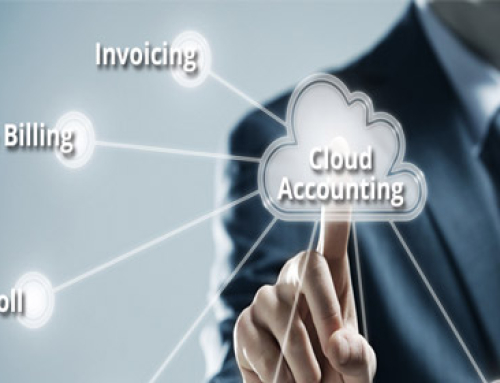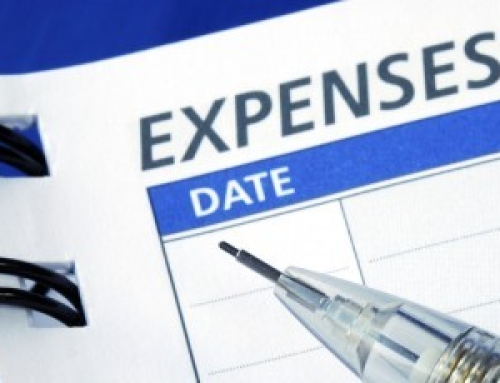Announced in 2017, Making Tax Digital is HMRC’s roadmap for transforming the currently outdated tax system into a new system that is easier for businesses to stay on top of their accounts.
Coming into effect from April 2019, the new law will require businesses above the VAT threshold to file quarterly returns online and set up a digital tax account. With the deadline less than a year away, many businesses are already starting to implement changes to make sure they are prepared.
If you’re a small business, then you should already be planning ahead and implementing changes to your accounting systems. The sooner you get started, the less of a shock and hassle it will be getting everything set up in time. To help you understand what the upcoming Making Tax Digital scheme means for you and your business, we’re taking a look at what it means and how you can prepare yourself. Here’s what you need to know.
What Does This Mean For Small Businesses?

Quite simply the new Making Tax Digital scheme will be the end of paper accounting that many businesses are used to. Currently, it’s estimated that over £9 billion a year is lost as a result of tax errors and mistakes.
The key benefits of the new MTD scheme are that it allows business to file their returns in one place in real time while being able to work collaboratively with an accountant. These changes enable businesses to keep up to date with their taxes and massively reduce the number of accounting errors. Overall this helps to increase the efficiency of taxation in the UK while also helping future-proof the process.
From April 2019 any business that is above the VAT threshold will be required to use the new system to send and update their tax returns. Although businesses will not be legally required to use this new system, they can choose to do so voluntarily.
Any business reaching the £85,000 threshold will have to keep the following information as digital records for up to six years:
- Business name, the address of the business and VAT registration number (also include the VAT accounting scheme used by the business)
- The VAT account showing the audit trail between primary records and the VAT return
- Details about supplies made and received
Although this new system will be mandatory for many businesses, exemptions will be made to certain businesses meaning they won’t have to adhere to the new legislation. This includes businesses that are unable to use electronic communications because of religious beliefs, insolvent businesses and businesses unable to do so because of disability or age.
To make sure you are compliant for the upcoming legislation, finding the right accountant is essential.
Don’t Stress About Taxes
As the leading certified chartered accountants in Lancashire, CRBH can you help you become fully compliant for the new legislation. With less than a year to go, making sure you meet the new digital requirements is essential, especially if you are over the VAT threshold.
To find out more about our consultancy and accountancy services, click here to contact us.











Leave A Comment